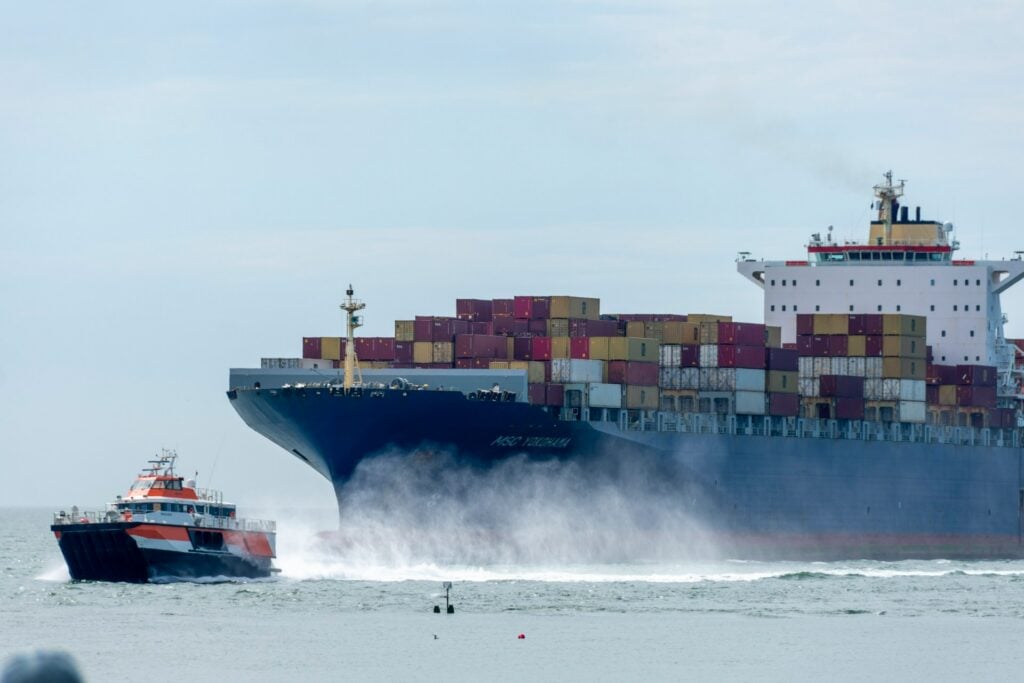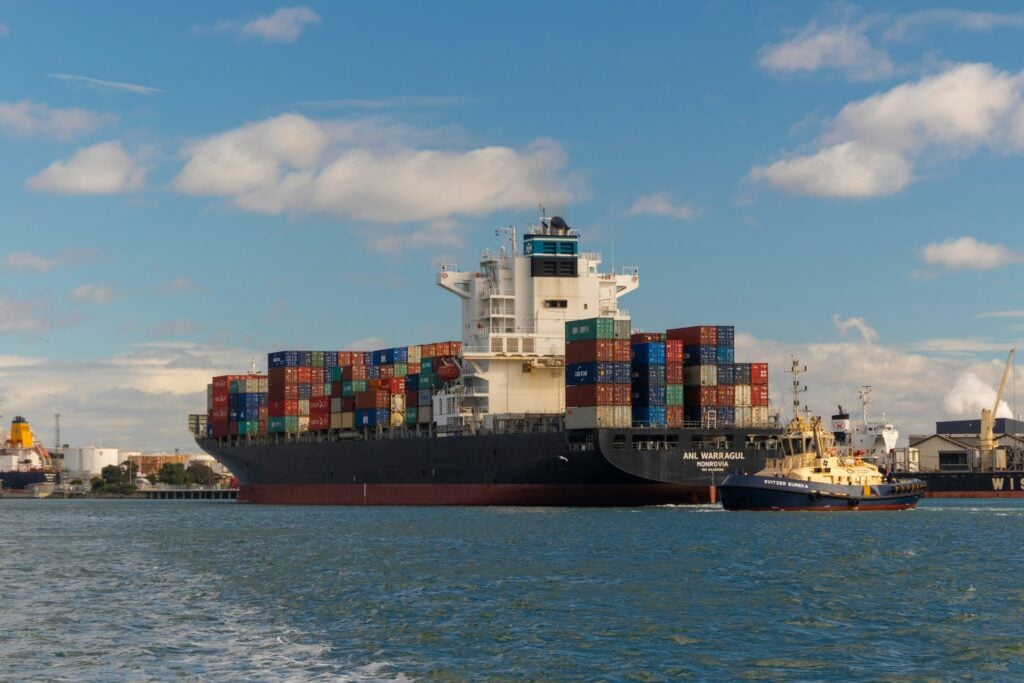Escalating Emissions: Red Sea Disruptions and the Carbon Cost of Global Shipping

The Global Shipping Landscape Maritime shipping is the engine of global trade, with nearly 6,000 container vessels delivering over $7 trillion in goods annually. When oil tankers and bulk carriers are included, there are roughly 100,000 vessels traversing the oceans at any given moment. The largest container ships now exceed 24,000 TEU, highlighting the sector’s […]
Shipping Emissions Tracking: Full Guide for Logistics Professionals
Shipping emissions tracking is vital for reducing greenhouse gas emissions and achieving global sustainability goals. The shipping industry accounts for nearly 3% of global CO2 emissions annually, a figure that underscores its significant environmental impact. By actively monitoring emissions, logistics companies can play a key role in aligning operations with Environmental, Social, and Governance (ESG) […]
Key CSRD Reporting Requirements for Logistics Businesses

The Corporate Sustainability Reporting Directive (CSRD) is a game-changer for logistics businesses across Europe. Introduced by the European Commission in November 2022, it replaces the Financial Reporting Directive (NFRD) with a focus on improving the sustainability and accountability of logistics operations. For an industry that impacts global supply chains and emissions significantly, this directive sets […]
Dockflow’s Emissions Reporting Event: Shaping the Future of Emissions Tracking and Sustainable Logistics

Dockflow recently hosted its Emissions Reporting event, gathering industry leaders to discuss the future of emissions tracking. The event also focused on regulatory compliance and sustainable practices in maritime logistics. Attendees gained valuable insights on navigating EU regulations, enhancing route efficiency, and creating transparent carbon offset solutions. The event centered around Dockflow’s new AI-powered CO2 […]

